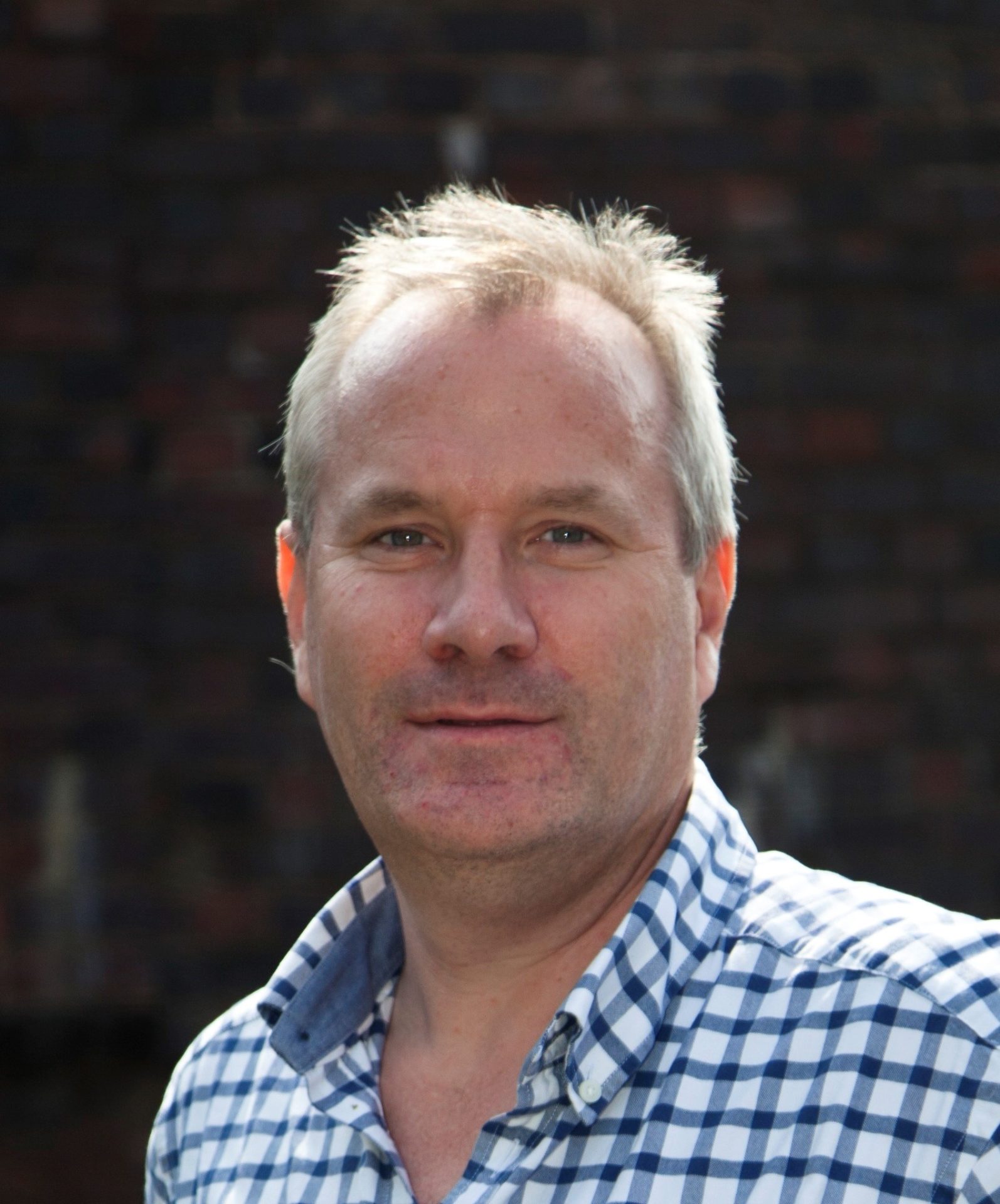Physiology Medical Objectives
Physiology is the science of life. In order that healthcare professionals understand how and why the body goes wrong in disease, they are first taught to know how it operates in health.
Nevertheless, our 2019 report into healthy ageing Growing Older, Better highlighted that time spent teaching physiology to medical students is becoming increasingly brief within a progressively crowded curriculum. This has to led to concerns from physiologists and medical practitioners that a decline in the understanding of physiology within the commonly adopted problem-based approach to learning in many medical schools could lead to unintended gaps in knowledge and thus deplete the resilience for reacting to unusual or rapidly changing medical circumstances.
In response, we have worked with physiologists across the UK to design these physiology objectives for undergraduates. They are intended to support those responsible for teaching medical students the fundamental mechanisms of physiology that underpin their career.
Download our physiology curriculum for medical students
Click here >Physiological objectives
This document outlines a physiology curriculum for medical students. It details the physiological understanding we would expect doctors to have at the point of entry to F1.
These physiological objectives are split into ten chapters. The first characterises the core concepts of physiology that medics must be able to apply to the remaining nine chapters, which all relate to systems within the body.
- Core Concepts in Physiology
- Cells and their Environment
- Nervous System
- Endocrine Regulation
- Musculoskeletal System
- Heart and Circulation
- Kidney, Urinary System and Control of Body Fluids
- Lungs and Gas Exchange
- Gastrointestinal System
- Reproductive System and Pregnancy
While each system has its own unique attributes, the document has been designed with uniform format across chapters as much as possible to aid with navigation of the document. As such, each chapter contains roughly 12 key points with additional information as required and includes a short final section at the end comprising a series of disease states that could be used to construct scenarios for problem-based courses.
Core Expert Group
Expert Reviewers
Mike Althaus Bonn-Rhein-Sieg University of Applied Sciences, Germany
Frank Sengpiel University of Cardiff, UK
Paul Le Tissier University of Edinburgh, UK
Jessica Piasecki Nottingham Trent University, UK
Phil Aaronson King’s College London, UK
Louise Robson University of Sheffield, UK
Ken O’Halloran University College Cork, Republic of Ireland
Derek Scott University of Aberdeen, UK
Chris Torrens Royal College of Surgeons in Ireland, Dublin, Republic of Ireland
We would also like to recognise the work of the following members in 2009 that this project built on:
Richard Dyball University of Cambridge, UK
Austin Elliott University of Manchester, UK
John Lee Rotheram General Hospital, UK
Eugene Lloyd University of Bristol, UK
Simon Maxwell University of Edinburgh, UK
Richard Naftalin King’s College London, UK
Ole Petersen University of Liverpool, UK
Christof Schwiening University of Cambridge, UK
Dafydd Walters St George’s Hospital, UK
Jeremy Ward King’s College London, UK




